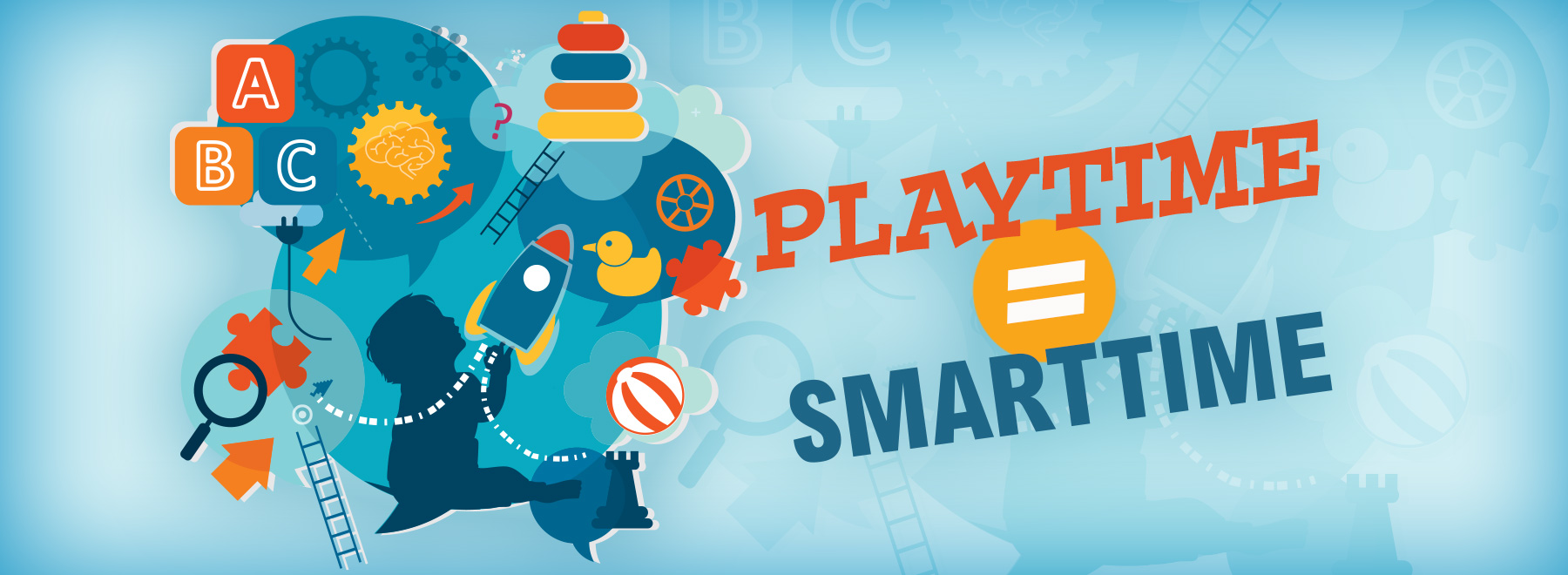Free play helps stimulate creativity, builds children’s brains
Child’s play is serious business when it comes to brain-building, University of Mississippi Medical Center experts say.
“Creativity, social skills, problem-solving, fine motor skills – all of these are developed and practiced during free play,” said Dr. Susan Buttross, professor of child development at UMMC, host of “Southern Remedy: Relatively Speaking” on Mississippi Public Broadcasting and principal investigator of Mississippi Thrive!, a three-year partnership between UMMC and Mississippi State University’s Social Science Research Center.

Playtime is important throughout a child’s life, but especially during those first five formative years, Buttross said.
“In the first few years of life, more than a million neural connections are formed every second,” she said. “The more brain-building opportunities young children have in their first five years, the better.”
Playing in unstructured settings can give children a creative boost, Buttross said.
“At the Center for Advancement of Youth, we have foam blocks that our patients play with,” she said. “Children from 2 to 13 or 14 will get down on the floor and build, and no one tells them what to do. The things they build are just wonderful, and we have conversations about what they’re building. It might be a home or a castle or a ship, and we talk about what the child is creating.”
She said while the children play at CAY, their parents often comment that they don’t play that quietly and with the same focus at home.
“I think that is because there are electronics at home, such as television and video games, and at the office, there aren’t.”
In 2019, CAY opened a 20,000-square-foot office dedicated to pediatric developmental and behavioral health inside the Highland Bluffs Building at 4400 Old Canton Road in northeast Jackson.
 Funded by the U.S. Health Resources and Services Administration, Mississippi Thrive! seeks to improve the developmental and behavioral health of Mississippi’s children through a statewide system of screenings and interventions. Resources for parents and caregivers are on the project’s website at mississippithrive.com.
Funded by the U.S. Health Resources and Services Administration, Mississippi Thrive! seeks to improve the developmental and behavioral health of Mississippi’s children through a statewide system of screenings and interventions. Resources for parents and caregivers are on the project’s website at mississippithrive.com.
Research published by the American Academy of Pediatrics indicated play helps children’s brains grow – as well as their self-knowledge.
“When play is allowed to be child-driven, children practice decision-making skills, move at their own pace, discover their own areas of interest and ultimately engage fully in the passions they wish to pursue,” wrote Dr. Kenneth R. Ginsburg in “The Importance of Play in Promoting Healthy Child Development and Maintaining Strong Parent-Child Bonds,” an article published in the January 2007 issue of Pediatrics.
“The Power of Play: A Pediatric Role in Enhancing Development in Young Children,” a study published in the September 2018 issue of Pediatrics, indicated the simple act of a child playing “enhances brain structure and function and promotes executive function (the process of learning, rather than the content), which allow us to pursue goals and ignore distractions.”
“Playing is the most natural thing in the world for children,” said Tiffany Key, a Children’s of Mississippi child life specialist. “They don’t even have to have a toy. They’ll just start playing with whatever is around them.”
In the children’s hospital, play is used therapeutically to help children cope with medical treatment and make healthy decisions, Key said.
“Play is something children love to do,” she said, “so we use play to help them to feel more at ease, learn about the hospital and to heal.”
The above article appears in CONSULT, UMMC’s monthly e-newsletter sharing news about cutting-edge clinical and health science education advances and innovative biomedical research at the Medical Center and giving you tips and suggestions on how you and the people you love can live a healthier life. Click here and enter your email address to receive CONSULT free of charge. You may cancel at any time.



